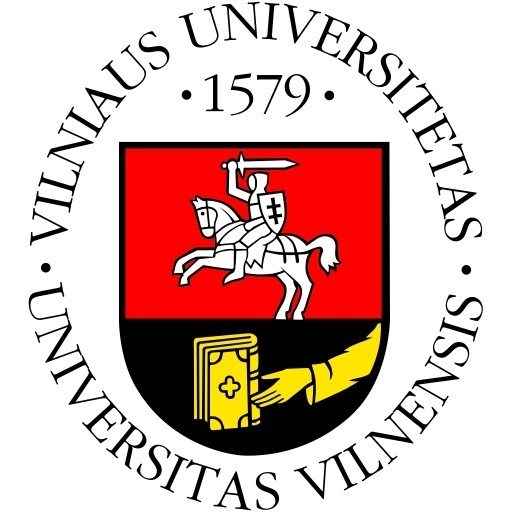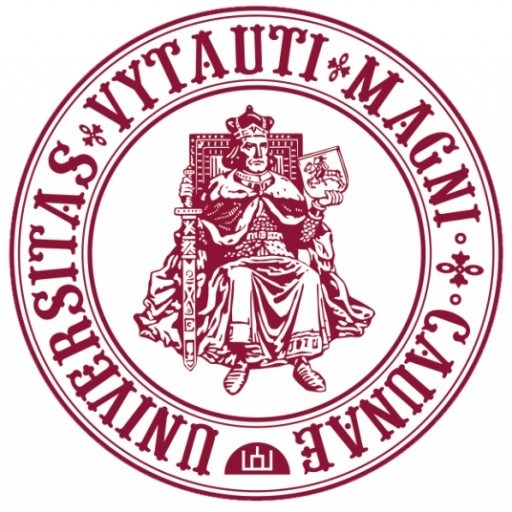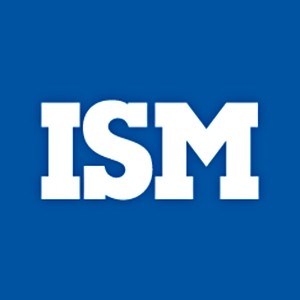Photos of university / #vilniusuniversity
Systems Biology at Vilnius University offers a comprehensive interdisciplinary education designed to equip students with the theoretical knowledge and practical skills necessary to analyze and understand complex biological systems. This programme integrates principles from biology, mathematics, physics, computer science, and engineering to provide a holistic understanding of living organisms' functioning at various levels, from molecular to ecological systems. Students will learn to model biological processes, analyze large-scale datasets, and develop computational tools for biological research, enabling them to contribute to advancements in biomedical research, personalized medicine, biotechnology, and environmental sciences. The curriculum covers fundamental subjects such as molecular biology, genetics, biochemistry, and bioinformatics, as well as specialized courses in systems analysis, computational modeling, data analysis, and systems medicine. Practical training is emphasized through laboratory work, research projects, and internships, allowing students to apply theoretical knowledge to real-world scientific problems. Vilnius University’s state-of-the-art research facilities and collaboration with industry partners provide students with unique opportunities for advanced research and innovation. Graduates of the Systems Biology programme will be well-prepared for careers in academia, biotechnology companies, healthcare, bioinformatics firms, and research institutions. They will also have the skills necessary for doctoral studies and scientific publishing, contributing to advancements in understanding the complexity of biological systems and developing innovative solutions to health and environmental challenges. The programme aims to foster critical thinking, problem-solving abilities, and interdisciplinary collaboration skills, ensuring graduates are competitive in the rapidly evolving field of biological sciences. With a focus on innovative techniques and cutting-edge research, the Systems Biology programme at Vilnius University prepares students to be leaders in advancing our understanding of life sciences and translating scientific discoveries into practical applications that benefit society.
The Master's Degree Programme in Systems Biology at Vilnius University offers a comprehensive and interdisciplinary education designed to equip students with the essential knowledge and practical skills needed to understand, analyze, and model complex biological systems. This program integrates principles from biology, mathematics, physics, computer science, and engineering to foster a holistic approach to studying living systems at various scales, from molecules to ecosystems. Throughout the course, students will explore topics such as molecular biology, genetics, biochemistry, systems analysis, and computational modeling, gaining the ability to interpret experimental data and develop predictive models. Emphasizing a hands-on approach, the program includes laboratory work, research projects, and collaborations with industry partners, enabling students to apply theoretical concepts in real-world contexts. Graduates will be prepared for careers in research institutes, academia, biotechnology companies, and healthcare, where systems-level understanding is increasingly vital. The curriculum is designed to develop critical thinking and problem-solving skills, encouraging students to innovate and contribute to advancements in personalized medicine, drug development, bioinformatics, and environmental studies. Faculty members are internationally recognized experts in their fields, providing mentorship and fostering an environment of active scientific inquiry. By completing this program, students will acquire the ability to work independently on complex biological problems, communicate scientific findings effectively, and pursue doctoral studies or careers in multidisciplinary research environments. The program highlights the importance of integrating experimental and computational approaches, preparing graduates to tackle global challenges related to health, sustainability, and biological innovation through a rigorous, research-oriented educational experience.
- Bachelor's degree or its equivalent in study areas such as Informatics, Physical, Life or Health sciences;
- English language proficiency – the level not lower than B2 (following the Common European Framework of Reference for Languages (CEFR), or TOEFL score 75/IELTS score 6.
Selection Criteria:
- CV prepared according to Europass.
- Scientific essay.
Candidate should prepare scientific essay (in English, max 7000 characters (no spaces)) in one of announced topics. Topics, instructions and assessment criteria for the essay.
Financing studies for the Systems Biology program at Vilnius University includes several options designed to support students financially throughout their education. The primary funding sources are state-funded (budget) places, which are available through national university admissions quotas. These places are allocated based on competitive entrance examinations and the overall ranking of applicants. Students who secure budget-funded spots do not pay tuition fees, thereby making their studies fully financed by the Lithuanian government, which covers the costs of education, including tuition, and sometimes provides a monthly stipend or allowance to support living expenses.
In addition to state-funded places, Vilnius University offers tuition fee-paying (non-budget) places for international and national students who do not secure a budget position. The tuition fees for the Systems Biology program are set annually and are published by the university. Students opting for paid studies are responsible for covering the entire cost of their education, which they can finance personally, through family support, or via external scholarships.
Vilnius University also provides a range of scholarship opportunities for students demonstrating academic excellence, financial need, or significant achievements in research or extracurricular activities. These scholarships may cover partial or full tuition fees and are awarded based on specific criteria and application processes coordinated by the university's scholarship office.
Students are also encouraged to seek external funding sources, such as Erasmus+ exchanges, Lithuanian national scholarships, or European Union programs supporting higher education mobility and research. These external scholarships can significantly reduce the financial burden of studying and may also include stipends for living expenses during exchange periods.
Moreover, students enrolled in the Systems Biology program have access to student employment programs facilitated by Vilnius University, which offer part-time job opportunities on campus or in cooperation with partner organizations. Such jobs help students gain practical experience while earning income, contributing to their overall study financing.
Finally, students are advised to consider private financial support options including bank loans, educational grants, and sponsorship programs offered by various organizations. The university's international office and student services provide guidance on applying for such external funding sources and managing the financial aspects of higher education.
Overall, the financing of studies in the Systems Biology program at Vilnius University is multifaceted, combining governmental scholarships, university-funded opportunities, external grants, student employment, and personal or family resources. Students are encouraged to explore all options early in their academic planning to ensure sustainable financing throughout their studies.
INTERNATIONAL MOBILITY
Students can participate in ERASMUS+ mobility programme or use VU’s Bilateral cooperation agreements which gives an opportunity to study at VU’s Partner Universities or do internship abroad.
CAREER OPPORTUNITIES
Systems Biology programme’s graduates can find a job position in both public (universities, health care institutions, research institutes) and private (biotechnology and pharmaceutical companies) sectors. The specialists can also be attractive in valleys where science, studies and business are integrated. Students may continue their career in PhD studies as well.



